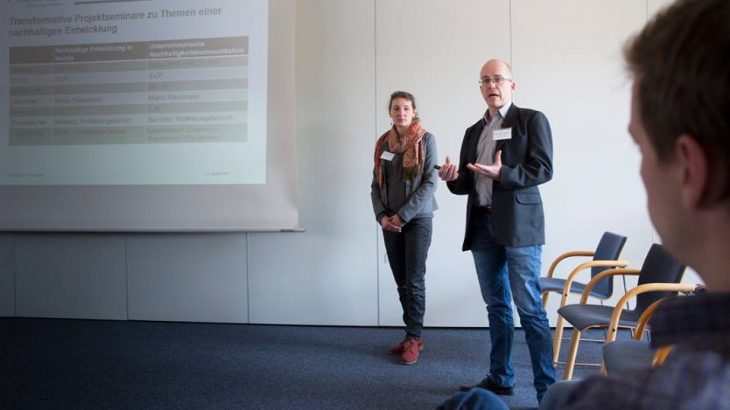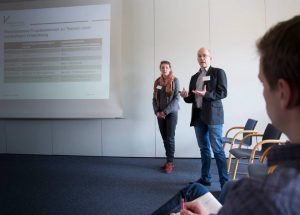About 20 students from Masaryk University Brno visited two eco-farmers and activists on 13 May 2016. The first farm is called Kudlov s.r.o. run by Jan Sveda. He bought the farm in June 2012. It is part of a bigger agricultural company, which already successfully works in the region. The aim is to breed cattle and sheep in a natural way, which helps to revive the soil after many years of intensive farming. In 2015, the production of milk and dairy products was opened. All these products are labeled BIO. Mr. Sveda himself is a very inspiring person with an unusual background. For example, he studied agriculture in Great Britain and was later employed by an Arabian sheikh. It was very inspiring to get insights from him.
The second farm Manner is active in the revitalization of rural landscape. Activist Jiri Novotný, head of Manner, wants to „give back a face“ to the landscape which was devasted in the fifties of the last century, which practically means to revive the soil, reduce impacts of floods, increase biodiversity etc. The farm also focuses on eco-farming, especially breeding cattle and sheep on grass cover, orchard farming and brewing.
The excursion was part of the course „Management of Rural Space“, which is one of the pilot courses within the CASE project. Pilot courses help to improve the preparation of the envisaged Joint Master degree program on sustainability-driven entrepreneurship.
Report by Petra Bernatíková, Masaryk University Brno
More info about Kudlov: http://www.farmakudlov.cz
More info about Manner: http://vyskov.cz/aww/manner
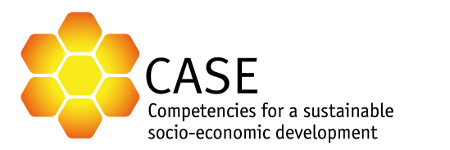
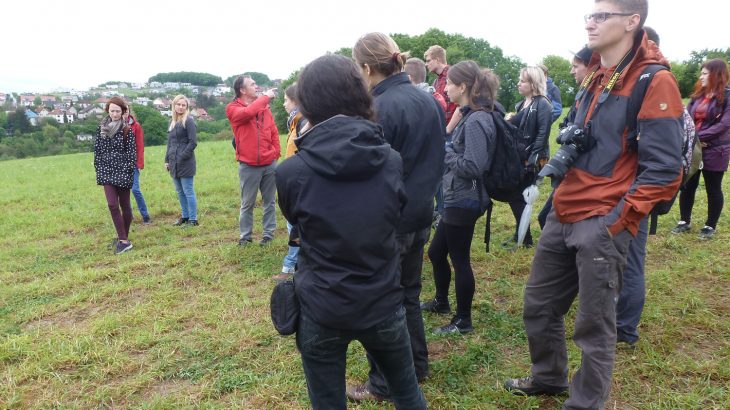
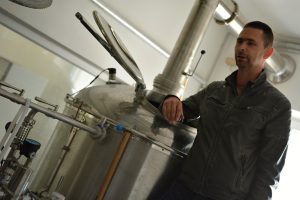
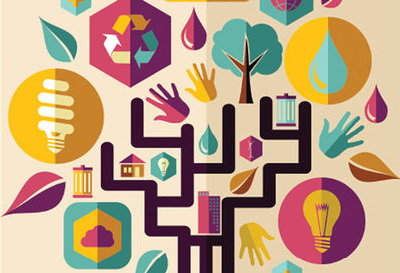
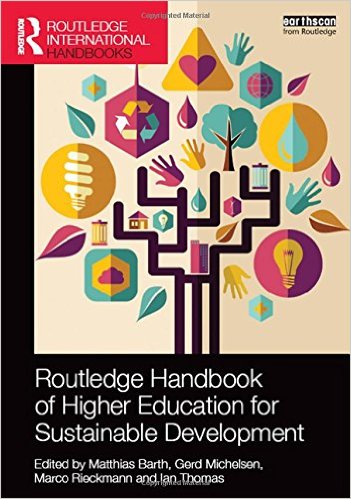
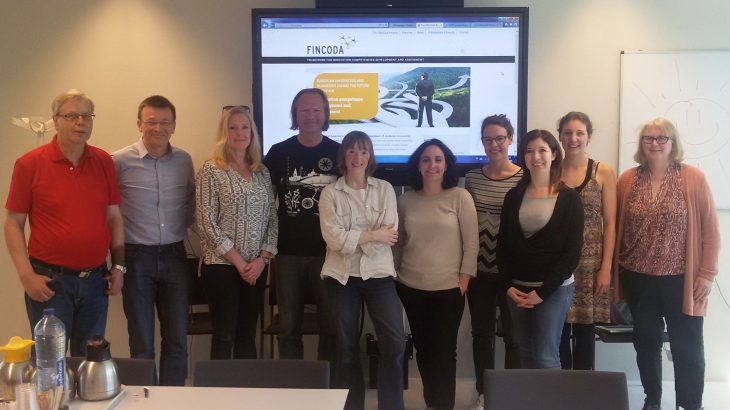
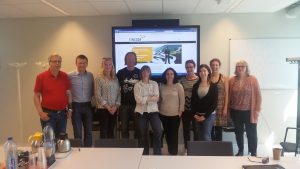
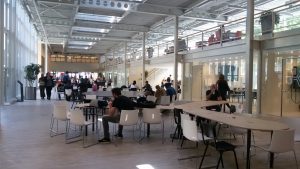
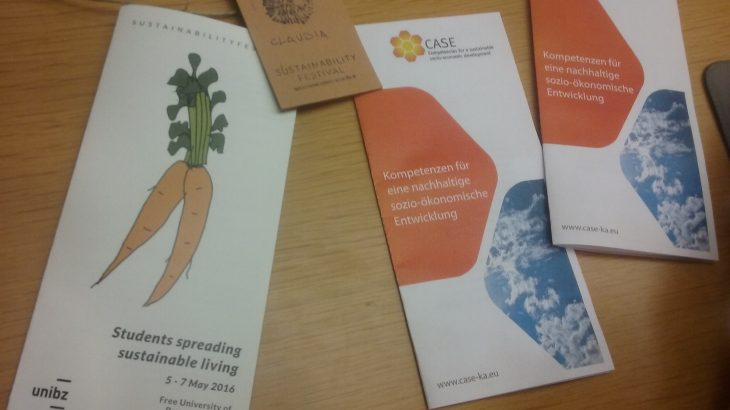

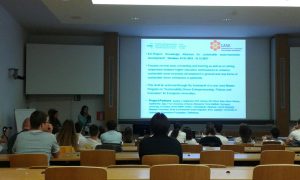 The Sustainability Festival is an appointment for reflection and concrete action around the concept of sustainability. From the 5th to the 7th of May, students, researchers and professors of the Free University of Bozen, together with external figures, presented different shades of the idea of sustainability, based on their own field of study.
The Sustainability Festival is an appointment for reflection and concrete action around the concept of sustainability. From the 5th to the 7th of May, students, researchers and professors of the Free University of Bozen, together with external figures, presented different shades of the idea of sustainability, based on their own field of study.